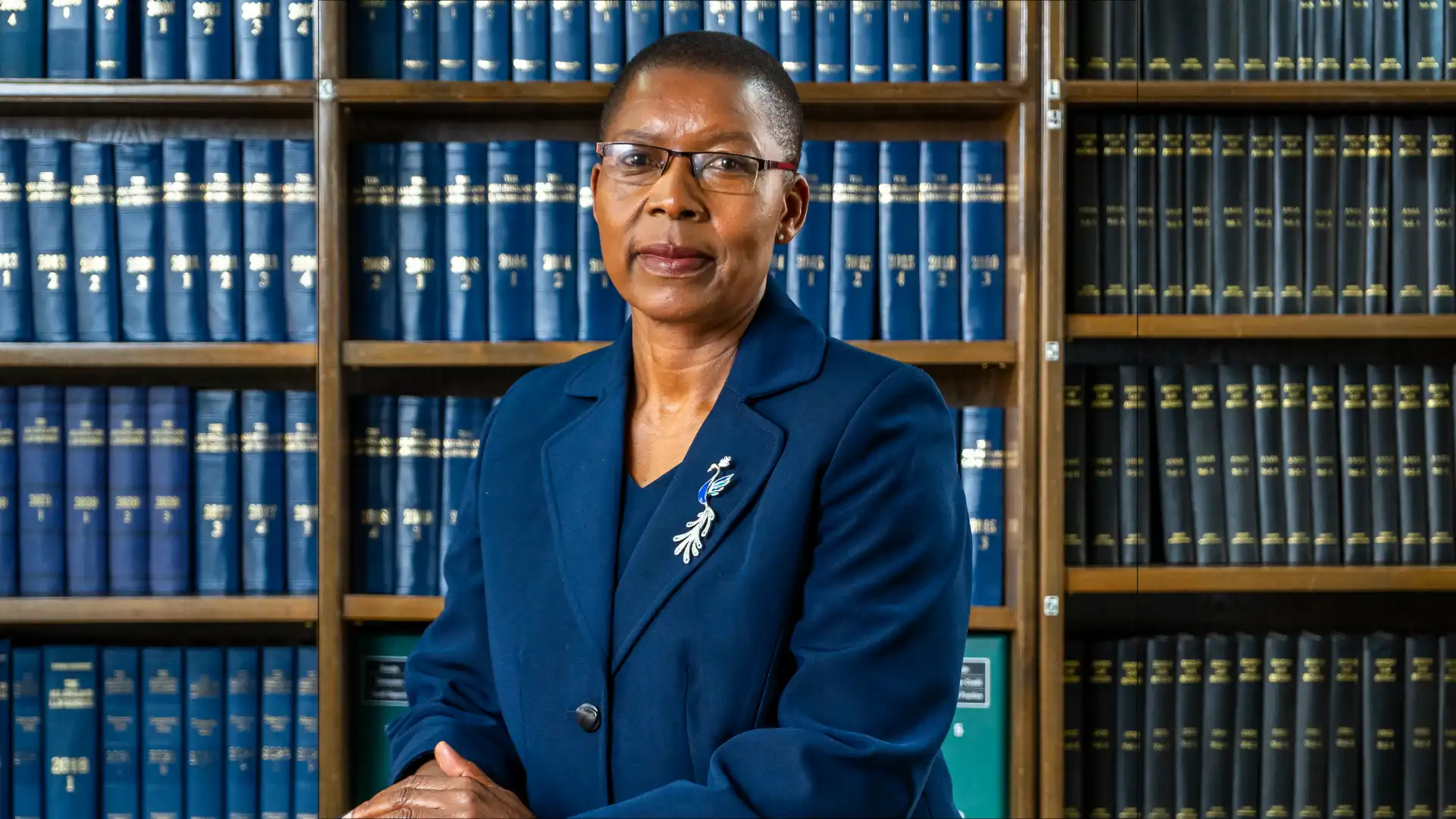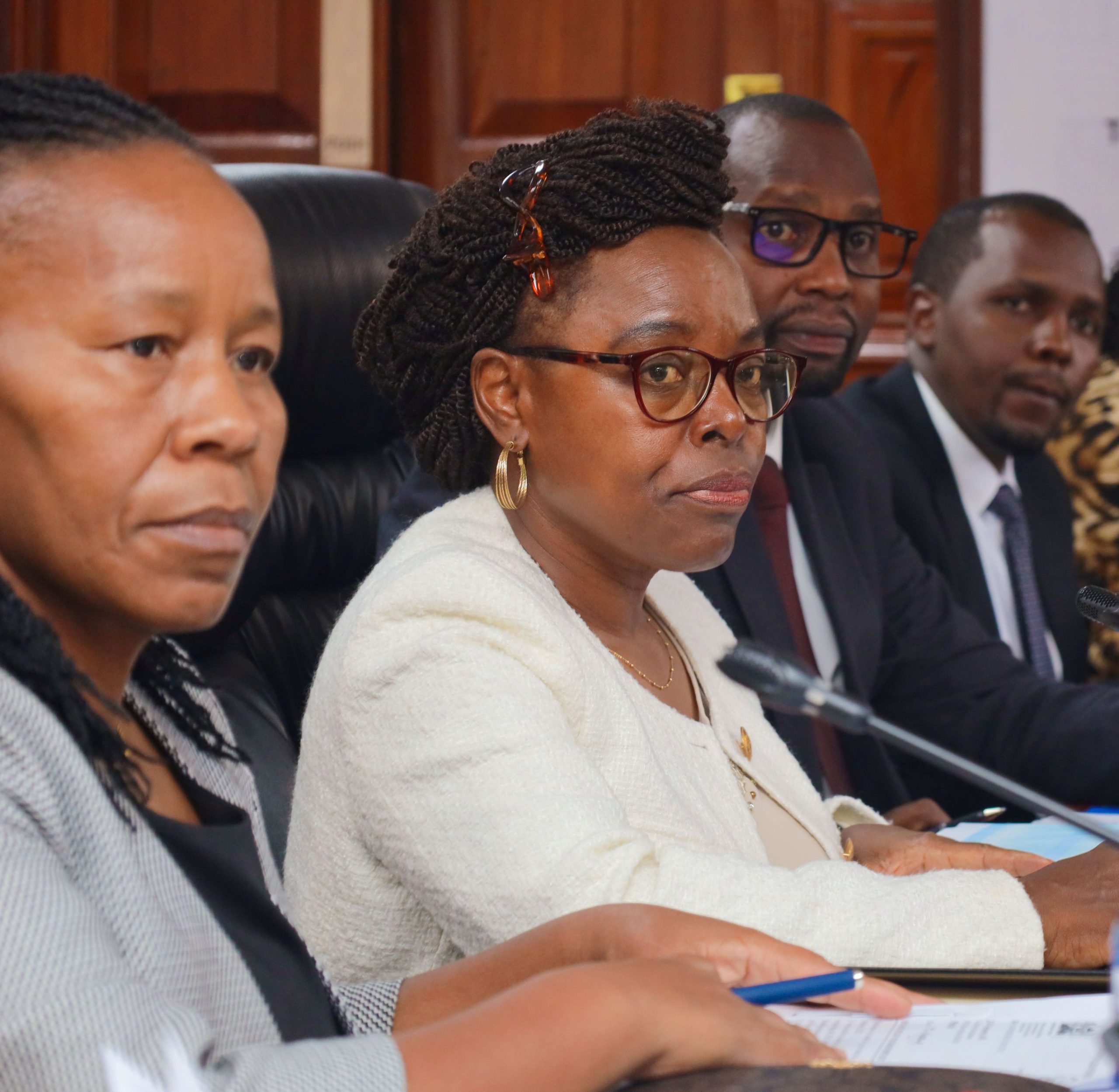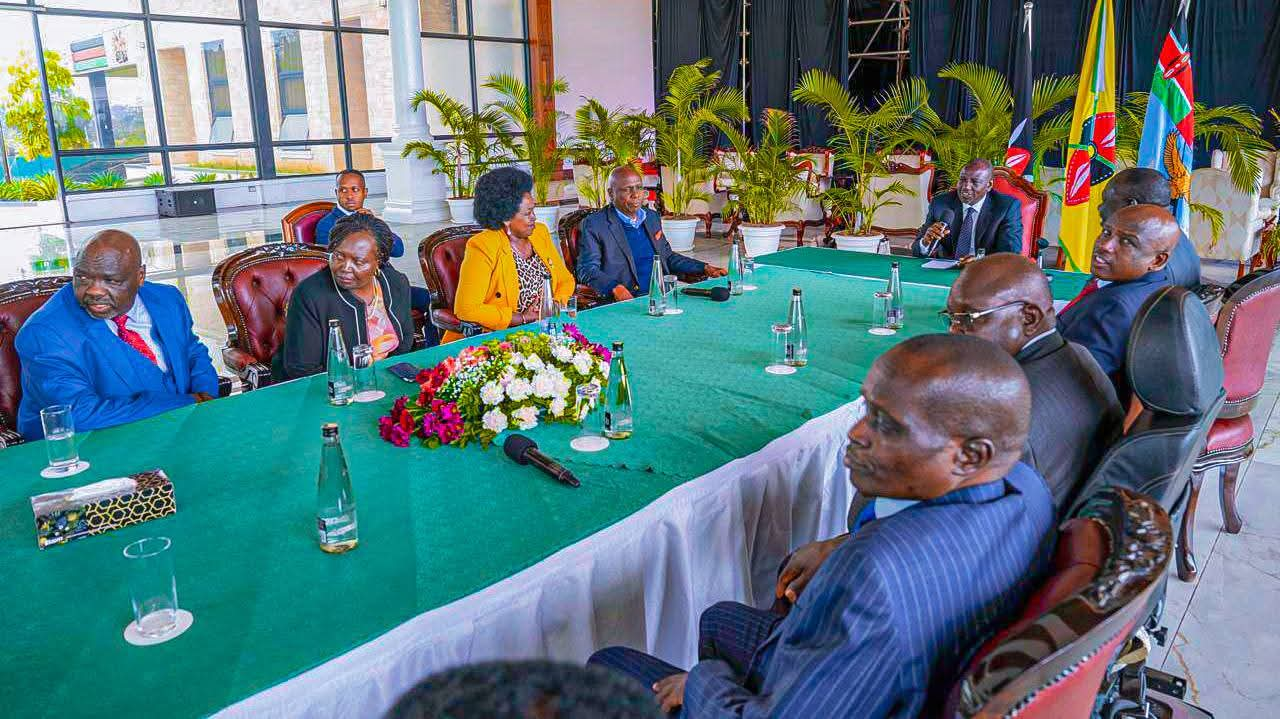By TWV Team
Attorney General Dorcas Oduor faces intense scrutiny after her office declined to respond to claims that President William Ruto’s administration defied a court order by gazetting seven controversial commissioners to the Independent Electoral and Boundaries Commission (IEBC).
State Counsel Emmanuel Bitta, representing the Attorney General, told a three-judge High Court bench that Oduor’s office had not been served with a formal contempt of court application and thus could not address allegations raised orally by the petitioners’ lawyers.
“We have not been served with any formal application on contempt. Therefore, we cannot comment on the issue of defying court orders as submitted by the petitioners’ lawyers”, Bitta submitted.
The dispute centres on a conservatory order (a temporary injunction) issued on 28 May 2025 by Justice Lawrence Mugambi, which barred further IEBC appointments pending a judicial review. Despite this, the government published a gazette notice on 10 June 2025, confirming the appointment of seven commissioners, twelve days after the court’s directive.
Human rights activists Boniface Mwangi and Kelvin Omondi, represented by Senior Counsel Paul Muite, accused President Ruto, AG Oduor, and Head of Public Service Felix Koskei of deliberately defying judicial directives. They seek to nullify the appointments and demand that the three senior officials be jailed for two years for contempt of court.
“These orders were issued by a competent court. The President, through the Attorney General, was represented and knew the legal implications. Yet they published the gazette notice”, Muite told the court.
Bitta clarified that Attorney General Oduor was not sued on behalf of the President but for allegedly misadvising the government. He argued that contempt proceedings are punitive and require strict legal procedures, including formal written applications. Raising contempt orally, he said, was improper and could have violated due process.
“Contempt is individual and punitive, affecting the liberty of the alleged offender. It cannot be prosecuted orally”, he asserted.
The AG’s office also objected to a supplementary affidavit filed by the petitioners, arguing it introduced new issues not in the original petition, amounting to a “trial by ambush.”
Justice Roselyne Aburili, speaking for Justices John Chigiti and Bahati Mwamuye, acknowledged the gravity of the matter, particularly regarding judicial authority and the rule of law.
“This is a grave matter concerning enforcement of court rulings and judicial independence. We shall not issue a ruling immediately”, she said.
The bench said it would deliver its determination after reviewing the full court record and all submissions.
The petitioners argue that the IEBC selection process was politically compromised, lacked transparency, and violated the Constitution. They accuse the executive of manipulating the process to install favourable commissioners, potentially undermining electoral integrity ahead of the 2027 General Election. They also challenge the National Assembly’s vetting process, claiming the House was not properly constituted when it approved the commissioners.
The case has underscored tensions between the Executive and Judiciary, raising questions about whether Kenya’s leadership respects judicial authority only when convenient.
As the judiciary deliberates, civil society groups and legal observers are watching closely. A ruling favouring the petitioners could have far-reaching consequences for the IEBC, electoral law, and accountability for public officials breaching court rulings.
At stake is not only the legality of the seven appointments but also respect for Kenya’s constitutional order.





